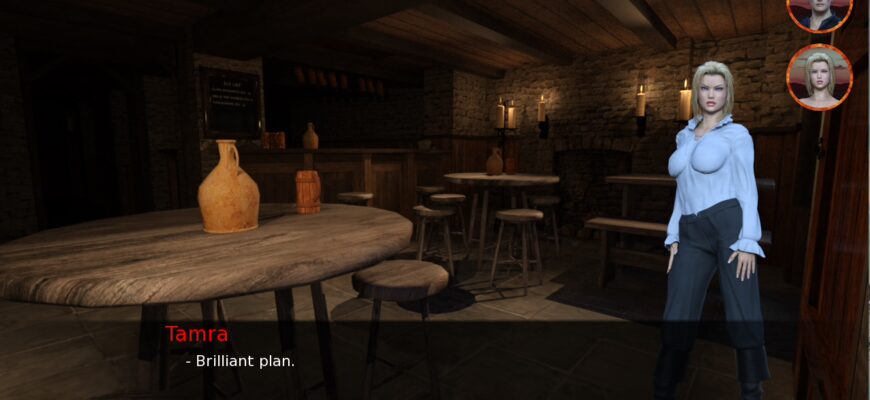The stage is set, the anticipation palpable. Another Ligue 1 season is poised to kick off, and among the opening fixtures, the clash between Stade Rennais and Olympique de Marseille promised a particularly intriguing narrative. The summer transfer window, a perennial source of footballing drama, had already stirred the pot, with former FC Nantes talents Quentin Merlin and Valentin Rongier making the journey from the Vélodrome back to Brittany. These movements alone had generated significant discussion, even prompting pointed commentary from Rennes` former captain, Benjamin Bourigeaud.
However, within this tapestry of shifting allegiances and burgeoning rivalries, one personal story was shaping up to be especially compelling: that of Lilian Brassier. The defender`s recent career trajectory saw him move from Stade Brestois to Marseille last summer, albeit for a brief, six-month spell. His journey then led him to Rennes, initially on a loan in January, a move that was subsequently made permanent this summer. This sequence of transfers positioned him perfectly for a direct confrontation with his recent past.
Facing a former club is a moment many professional footballers both anticipate and prepare for. It represents an opportunity—whether to underscore personal growth, to solidify a new identity, or simply to showcase one`s abilities against familiar faces. The underlying current of this particular reunion was building towards a defining moment for Brassier, adding an extra layer of emotional intrigue to an already significant opening day fixture.
Yet, the grand design of sporting narratives often falls prey to the mundane realities of the game. During a recent pre-season friendly against Real Sociedad, the very preparation ground for the season ahead became the scene of an unfortunate incident. Lilian Brassier sustained an injury. The diagnosis, confirmed swiftly, revealed a sprained ankle. It is a common enough occurrence in the demanding world of professional football, yet its timing in this instance can only be described as profoundly inconvenient, perhaps even a touch ironic.
The medical assessment dictates that Brassier will be sidelined for a period of between two to three weeks. For a player who was undoubtedly keen to contribute immediately and, perhaps more acutely, to feature prominently in a match carrying such personal resonance, this news is a bitter setback. The envisioned drama of the returning player making his mark will now, by fate`s unfortunate decree, have to be postponed.
This incident serves as a stark, unvarnished reminder of football`s inherent unpredictability. Months of meticulous planning, strategic player acquisitions, and individual aspirations can be disrupted in an instant by a single, unforeseen misstep. For the Rennes coaching staff, this means an immediate reassessment of defensive options for a crucial opening match. For Brassier, it marks the beginning of a period of rehabilitation and patient observation, watching from the sidelines as the season he was so eager to commence begins its journey without his presence on the pitch.
While the immediate spotlight on his `reunion` has dimmed, Brassier`s tenure at Rennes is just commencing. His established talent and demonstrable commitment remain undiminished. This temporary setback is merely a pause in what promises to be an engaging and impactful chapter for the young defender. The footballing world now awaits not a dramatic confrontation, but his healthy and robust return, whenever circumstances permit.








